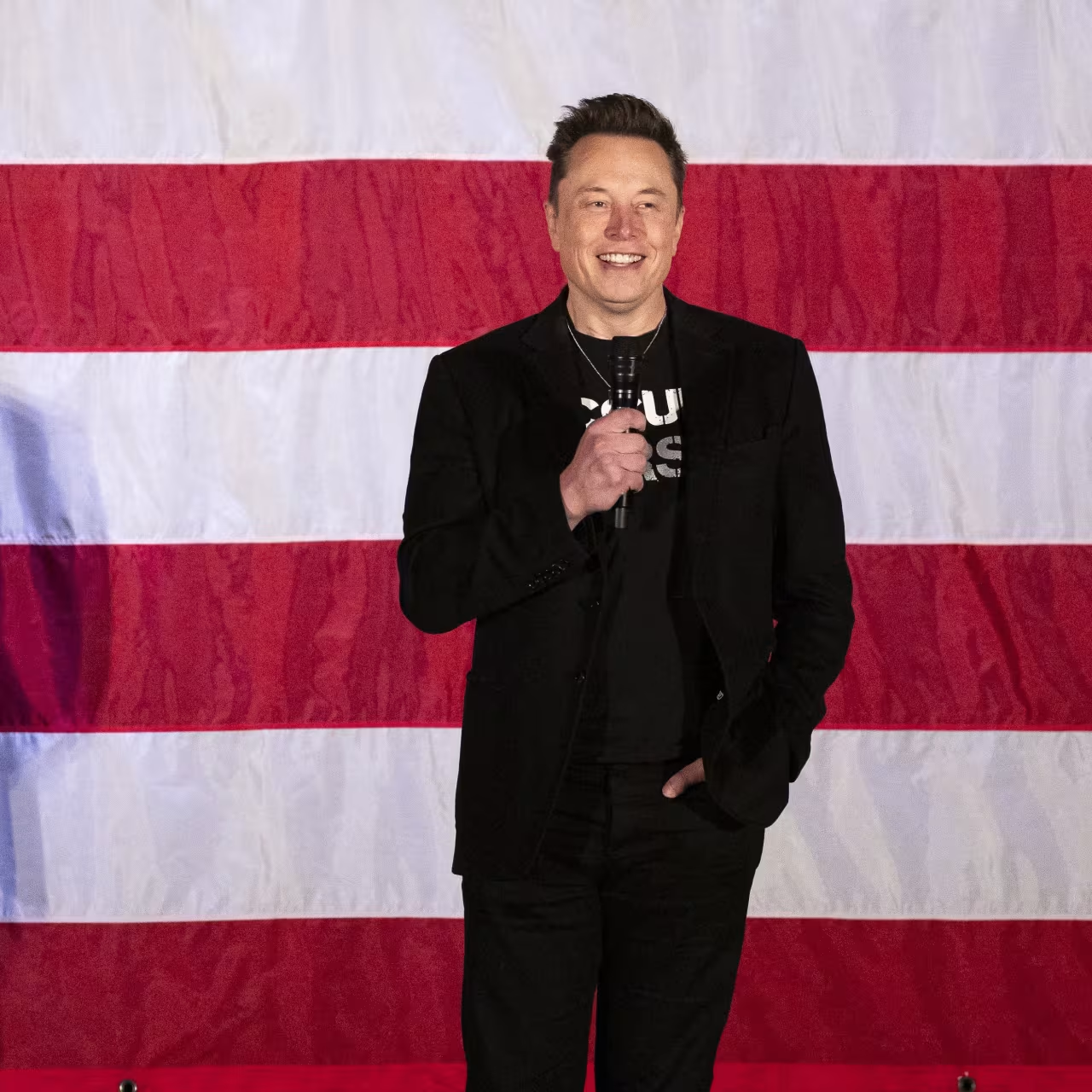Elon Musk, the billionaire entrepreneur renowned for his ventures with Tesla and SpaceX, has recently embarked on a controversial journey within the political arena. Appointed by President Donald Trump to lead the newly established Department of Government Efficiency (DOGE),
Musk's aggressive cost-cutting measures have ignited a firestorm of debate. While proponents hail his efforts to streamline government operations, critics argue that his unorthodox methods pose significant risks to democratic institutions and public welfare.
The Genesis of DOGE
The concept of DOGE emerged from discussions between Musk and President Trump in August 2024. Musk proposed the creation of a "government efficiency commission" aimed at auditing federal expenditures to ensure taxpayer money was utilized effectively. Enthusiastic about the idea, Trump announced the formation of DOGE in November 2024, appointing Musk as its head. The department's mandate: identify and eliminate wasteful spending, reduce bureaucratic red tape, and overhaul federal agencies for optimal performance.
Aggressive Cost-Cutting Measures
Upon assuming leadership, Musk wasted no time implementing sweeping reforms. DOGE initiated mass layoffs across various federal agencies, canceled numerous contracts, and terminated several Diversity, Equity, and Inclusion (DEI) programs. These actions were justified as necessary steps to reduce the federal workforce and curb excessive spending. However, the rapid and unilateral nature of these decisions has drawn sharp criticism from legal experts and political analysts.
Legal and Constitutional Challenges
The bold initiatives undertaken by Musk and DOGE have not gone unchallenged. Legal experts argue that the president lacks unilateral authority to shut down expenditures or agencies funded by Congress without legislative approval. Michael Gerhardt, a law professor at the University of North Carolina, emphasized, "Congress and Congress alone has the authority to enact appropriations measures." This perspective underscores the constitutional tension between executive actions and legislative powers, raising questions about the legality of DOGE's operations.
Access to Sensitive Data
One of the most contentious aspects of DOGE's activities is its access to sensitive government data. Reports indicate that DOGE has gained entry to critical systems, including the Treasury Department's payment infrastructure. This access encompasses vast amounts of personal data of American citizens and details of public contractors, some of whom compete directly with Musk's private enterprises. Senator Ron Wyden expressed grave concerns, labeling this level of access a "national security risk." The potential for conflicts of interest and misuse of sensitive information has amplified calls for stringent oversight and transparency.
Impact on Public Welfare Programs
The ramifications of DOGE's cost-cutting measures extend beyond bureaucratic restructuring; they have tangible effects on public welfare programs. The San Francisco Chronicle highlighted that DOGE's federal funding freeze jeopardizes Medicaid services for low-income individuals, reduces allocations for biomedical and public health research, and leads to the displacement of essential civil service workers, including nurses serving veterans. Critics argue that prioritizing efficiency over effectiveness can undermine the very programs designed to support the nation's most vulnerable populations.
Public and Political Backlash
The aggressive strategies employed by Musk have sparked widespread protests and political opposition. Democratic activists, alongside organizations such as Indivisible, MoveOn, and the Working Families Party, have organized demonstrations at congressional offices and Tesla dealerships nationwide. These protests aim to draw attention to the adverse impacts of DOGE's policies on health, education, and human services. Senator Bernie Sanders has also joined the fray, embarking on a tour to highlight the growing influence of oligarchy in American politics.
International Repercussions
Musk's actions have not only stirred domestic controversy but have also reverberated on the international stage. The Royal Society, one of the world's most esteemed scientific institutions, is currently deliberating Musk's potential expulsion due to his contentious political positions and public attacks on scientists. Such a move would be unprecedented in the society's recent history and underscores the global unease regarding Musk's expanding influence in both technological and political spheres.
Elon Musk's foray into governmental reform through DOGE represents a bold experiment in reimagining federal operations. While the pursuit of efficiency and reduction of wasteful spending are commendable objectives, the methods employed raise critical questions about legality, ethical governance, and the potential erosion of democratic institutions.
As Musk continues to navigate this complex landscape, the balance between innovation and adherence to constitutional principles remains a focal point of national and international discourse.


.png)




Comments
Post a Comment